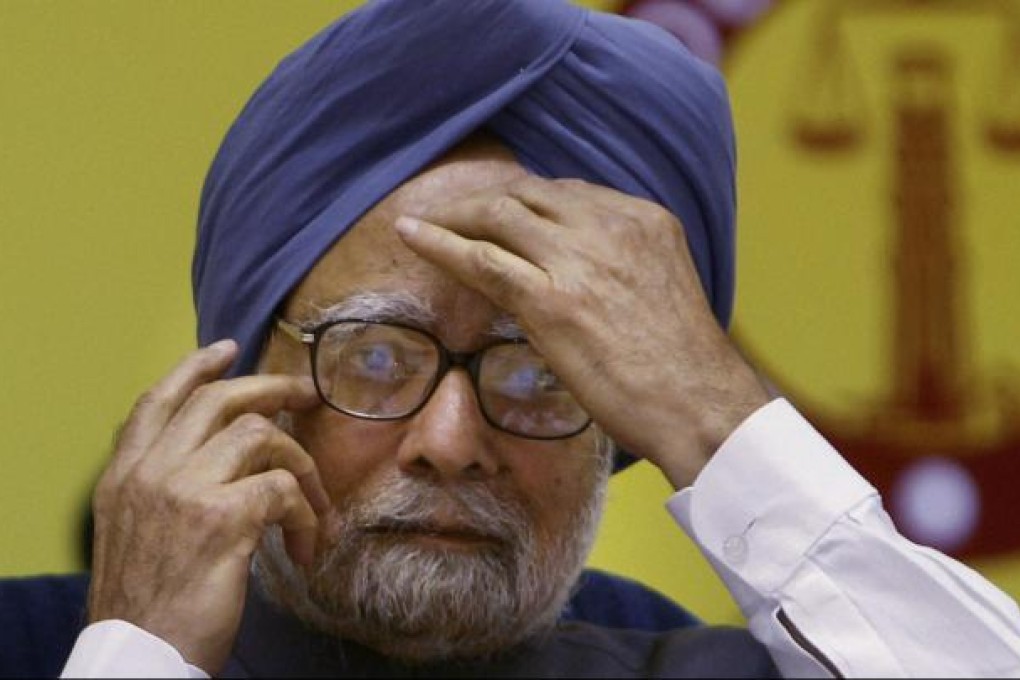Manmohan Singh faces fight for India reforms
Indian leader loses his parliamentary majority over plans to revitalise the nation's economy but also faces criticism of doing too little, too late

Indian Prime Minister Manmohan Singh has belatedly found the political courage to try to put economic reforms back on track, but it may prove a case of too little too late.

An explosive backlash has started, including demonstrations and nationwide strikes and the resignation of six ministers as a key partner in Singh's Congress Party-dominated United Progressive Alliance government quit in protest.
The departure of Mamata Banerjee's Trinamool Congress cost Singh his slender majority in parliament, and left open the question of how to implement the reforms.
At least Singh, after years of dithering, is sticking to his guns in spite of the loss of his majority.
In successive days of interviews and speeches, he claimed that the reform measures were essential. "We must act before people lose confidence in our economy," Singh said.